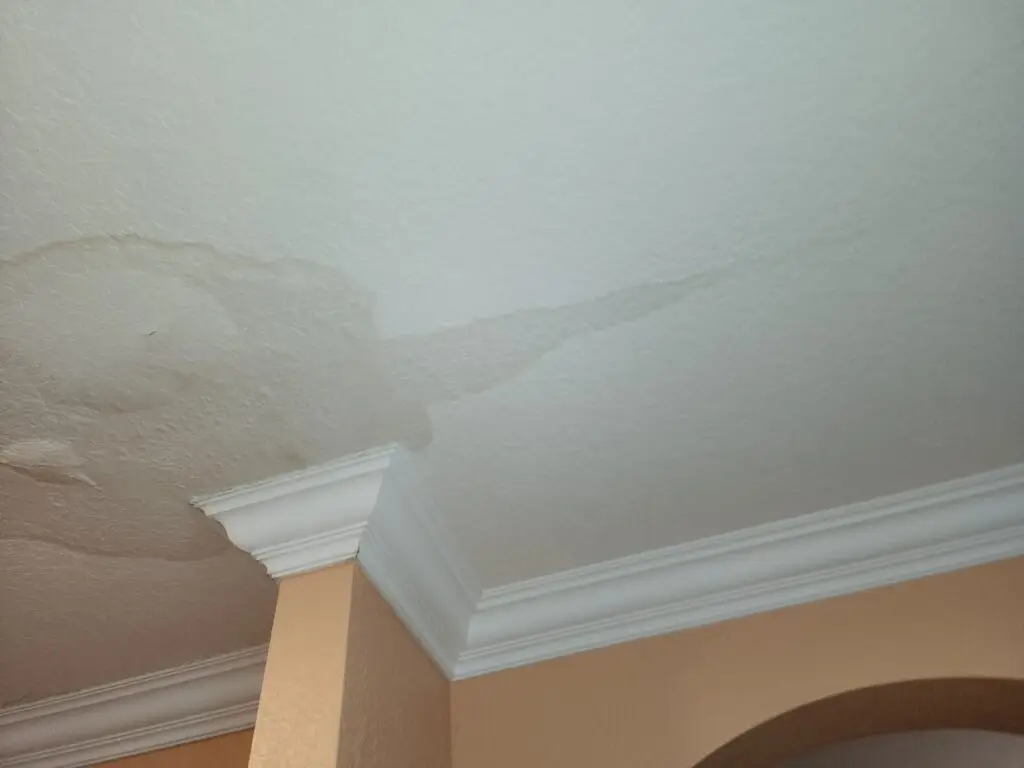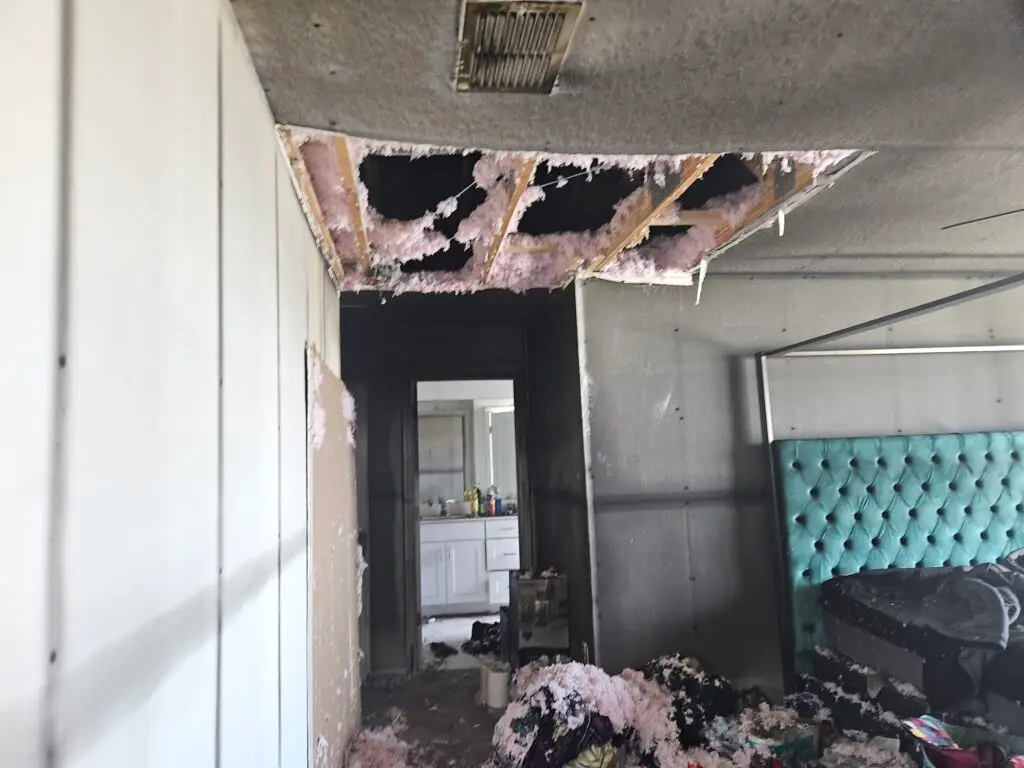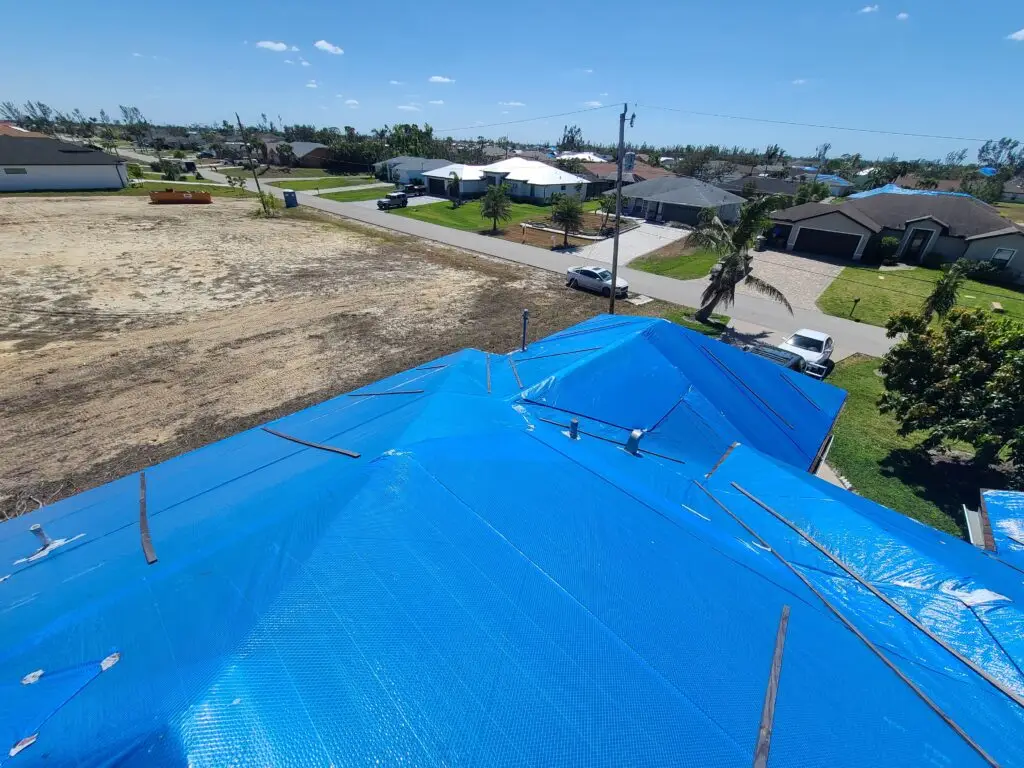Residential Insurance Claims Help Nationwide
We had a beautiful 6 bedroom house in Parrish ,Fl until the fire destroyed it. If it wasn’t for Mendy, my family and I wouldn’t have got the proper compensation we deserved.
— Labrea Kinder
Residential Insurance Claims Made Simple
Residential insurance claims aren’t just about fixing damage—they’re about protecting your home, your family, and your finances. Whether you’re in Florida dealing with hurricane wind damage, or in New Hampshire facing a frozen pipe burst, knowing how to handle a claim properly makes all the difference.
Panther Public Adjusting has helps homeowners in Florida, Texas, North Carolina, South Carolina, Maine, New Hampshire, Massachusetts, Vermont, New York, New Jersey, and Pennsylvania recover what they’re truly owed.
What Is a Residential Insurance Claim?
A residential insurance claim is a request you make to your insurance company after your home or property is damaged. It might involve damage to your roof, walls, plumbing, electrical systems, flooring, or even outdoor structures.
Common causes include:
Wind and hail storms
Burst pipes and water damage
Fire and smoke
Mold
Falling trees or debris
Theft or vandalism
Learn more about smart steps for mold damage claims and how you can protect your rights.
Why Homeowners Struggle with Residential Insurance Claims
Many homeowners expect their insurance to cover damages fairly. Unfortunately, insurers often try to underpay or deny valid claims. This can leave families in limbo and homes in disrepair.
Common issues include:
Delayed responses
Denied claims based on minor technicalities
Lowball repair estimates
Insurers pushing their preferred contractors
Our Residential Claim Process
Free Policy Review: We analyze your coverage and identify red flags.
On-Site Inspection: We assess and document all damages.
Full Documentation: Photos, reports, and repair estimates.
File the Claim: We handle every step with your insurer.
Negotiate Aggressively: We fight for every dollar you’re owed.
If your claim was denied or underpaid, we may be able to reopen it and pursue a better settlement.

State-Specific Claim Challenges
Florida & Texas
Frequent hurricanes and insurers pulling out of high-risk zones mean more denied and delayed claims.
Northeast (MA, ME, NH, VT, NY, NJ, PA)
Winter damage like ice dams, frozen pipes, and storm-related roof collapses can be tricky. Many policies have vague language that insurers exploit.
In either region, don’t go it alone—Panther helps level the playing field.
Real-World Guidance and Resources
Want to understand how different types of claims can affect your settlement? We’ve published expert resources that help guide you through specific residential claim scenarios:
Special Cases: Fire, Mold, and Hidden Damage
Hidden damage—like smoke infiltration, attic mold, or plumbing leaks behind walls—can be harder to prove. We help uncover and document damage that insurers often miss or dismiss.
Worried your insurance won’t play fair? Learn how different Insurance Companies compare before you file.
Preparing for a Residential Claim
Before you file, take time to document your home and possessions. Here’s how:
Take Photos and Videos: Do a full walk-through of your property. Keep this as a baseline in case damage occurs later.
Save Receipts and Warranties: For appliances, roof work, upgrades, or any high-value items.
Get a Maintenance Log: Insurers sometimes deny claims by blaming lack of maintenance. Having proof helps.
If damage happens, don’t wait:
Protect the property from further damage (use tarps, shut off water, etc.).
Contact Panther immediately.

Insurance Inspections and Adjusters
Many people don’t know you can reopen a claim if it was underpaid. This often happens when:
You discover more damage later.
The insurer’s estimate was too low.
They denied part of the claim due to unclear wording.
In these cases, you may have up to a year (or more depending on state law) to pursue a supplemental or reopened claim. Panther can review your file and determine your options.
Reopening a Residential Insurance Claim
Many people don’t know you can reopen a claim if it was underpaid. This often happens when:
You discover more damage later.
The insurer’s estimate was too low.
They denied part of the claim due to unclear wording.
In these cases, you may have up to a year (or more depending on state law) to pursue a supplemental or reopened claim. Panther can review your file and determine your options.
How to Avoid Common Claim Mistakes
Don’t clean up too quickly. It might erase key evidence.
Don’t assume the insurer’s estimate is final. It often isn’t.
Don’t go it alone. A public adjuster levels the playing field.
Documentation, preparation, and advocacy can turn a denied claim into a fair payout. That’s what we’re here for.
Contact Panther Public Adjusting Today
Whether you’re filing your first residential insurance claim or re-opening a denied one, we’re here to help nationwide.
Call Us: 833-726-8437
Email: Claims@PantherPA.com
Online Contact Form: https://pantherpa.com/contact/
Let us fight to get your home and life back in order.
Note: Each insurance policy and state law is different. Always consult a licensed professional for claim-specific guidance.
FAQs About Residential Insurance Claims
What qualifies as a residential insurance claim?
A residential insurance claim is when you ask your insurer to pay for home damage due to events like storms, fire, water leaks, theft, or vandalism. It applies to your main structure, attached buildings, and often personal belongings too.
How soon should I file a claim after discovering damage?
You should file as soon as possible—ideally within 24–48 hours. Delays can raise red flags for insurers and reduce your chance of a full payout.
However, do not rush into filing a claim without first determining it makes sense to. A Public Adjuster can review your policy and claim and help you avoid filing frivolous claims.
Does homeowners insurance cover water damage?
This will depend on the policy. Many policies will cover it if the cause is sudden and accidental (like a burst pipe or storm-related roof leak). Gradual issues like slow leaks or poor maintenance are usually not covered.
However, beware many policies may have a low limit for water damage.
Can I reopen a residential insurance claim?
Yes. If you find more damage later or believe the settlement was too low, you may reopen the claim. Time limits vary by state, so don’t wait too long to act.
What if my claim gets denied?
First, read the denial letter closely. Then call Panther Public Adjusting. We can review the denial, gather evidence, and possibly reopen or appeal the claim.
Should I accept the insurer’s first offer?
Not always. Initial offers are often lower than what you deserve. A public adjuster can compare the estimate to your actual damage and negotiate a better payout.
Are public adjusters licensed?
Yes. Public adjusters are state-licensed professionals who work for you—not the insurance company. Panther Public Adjusting is licensed to operate in multiple states nationwide.
Do I pay upfront for your services?
No. We typically work on a contingency basis, meaning we only get paid when you do.

